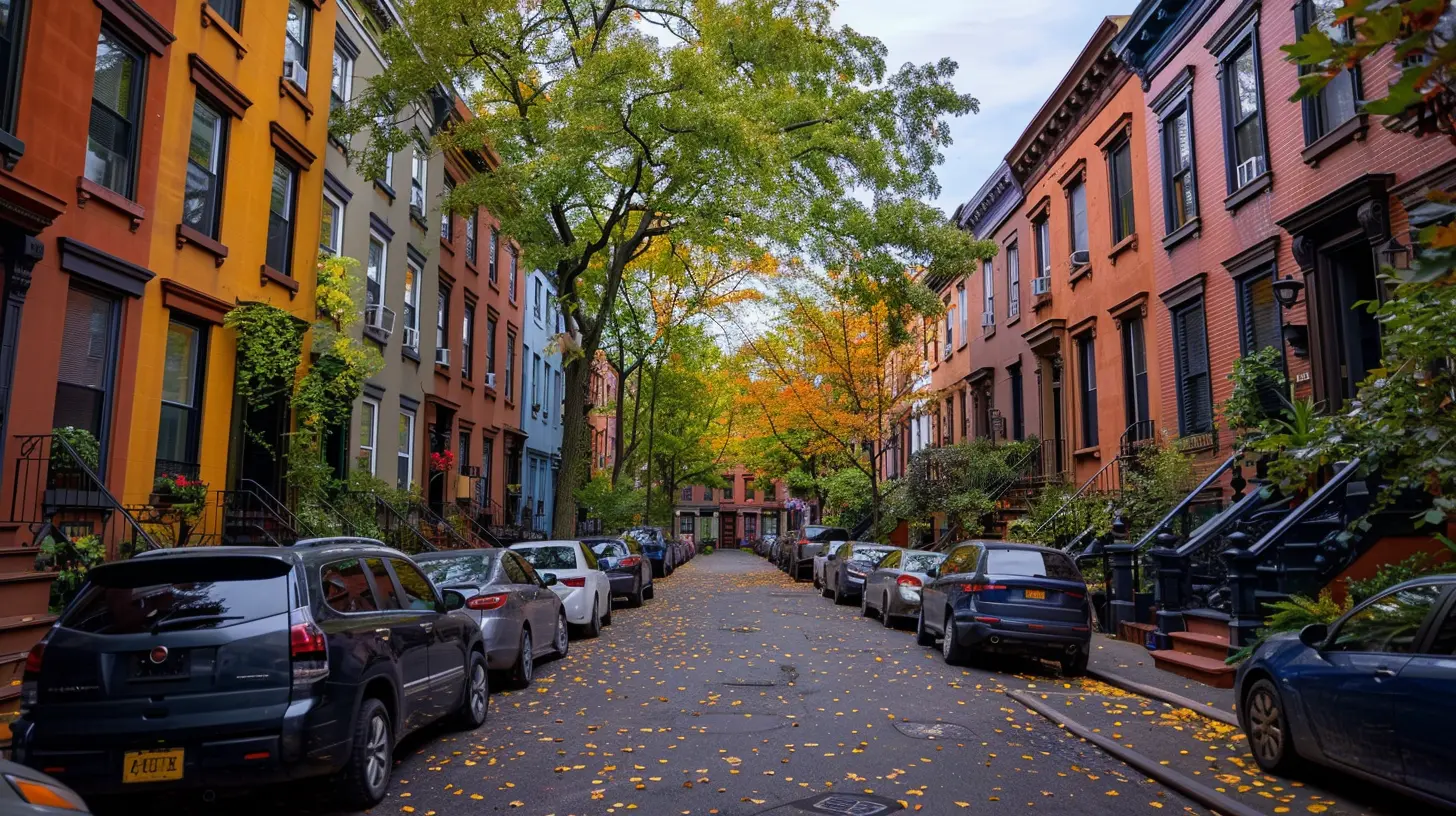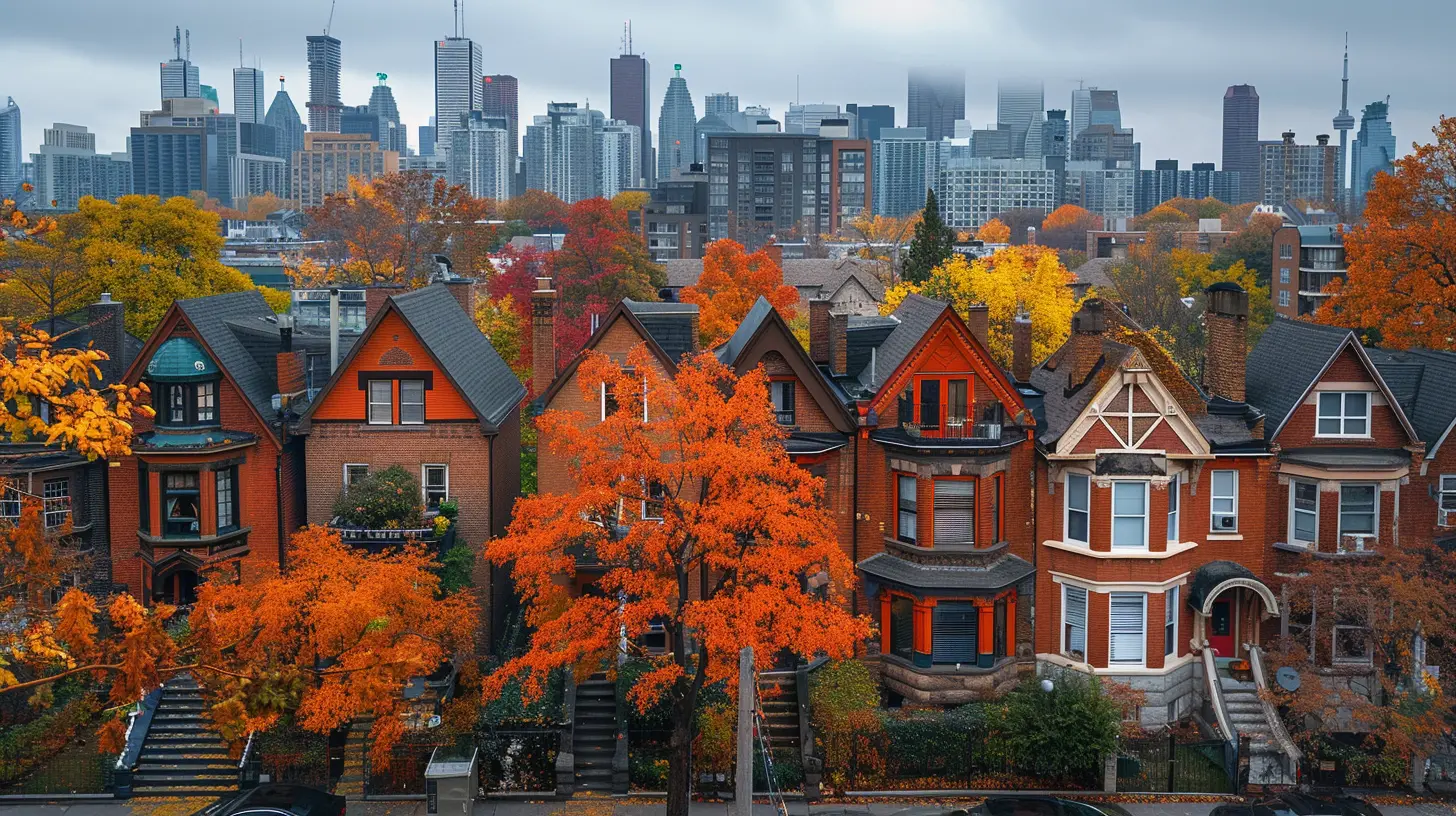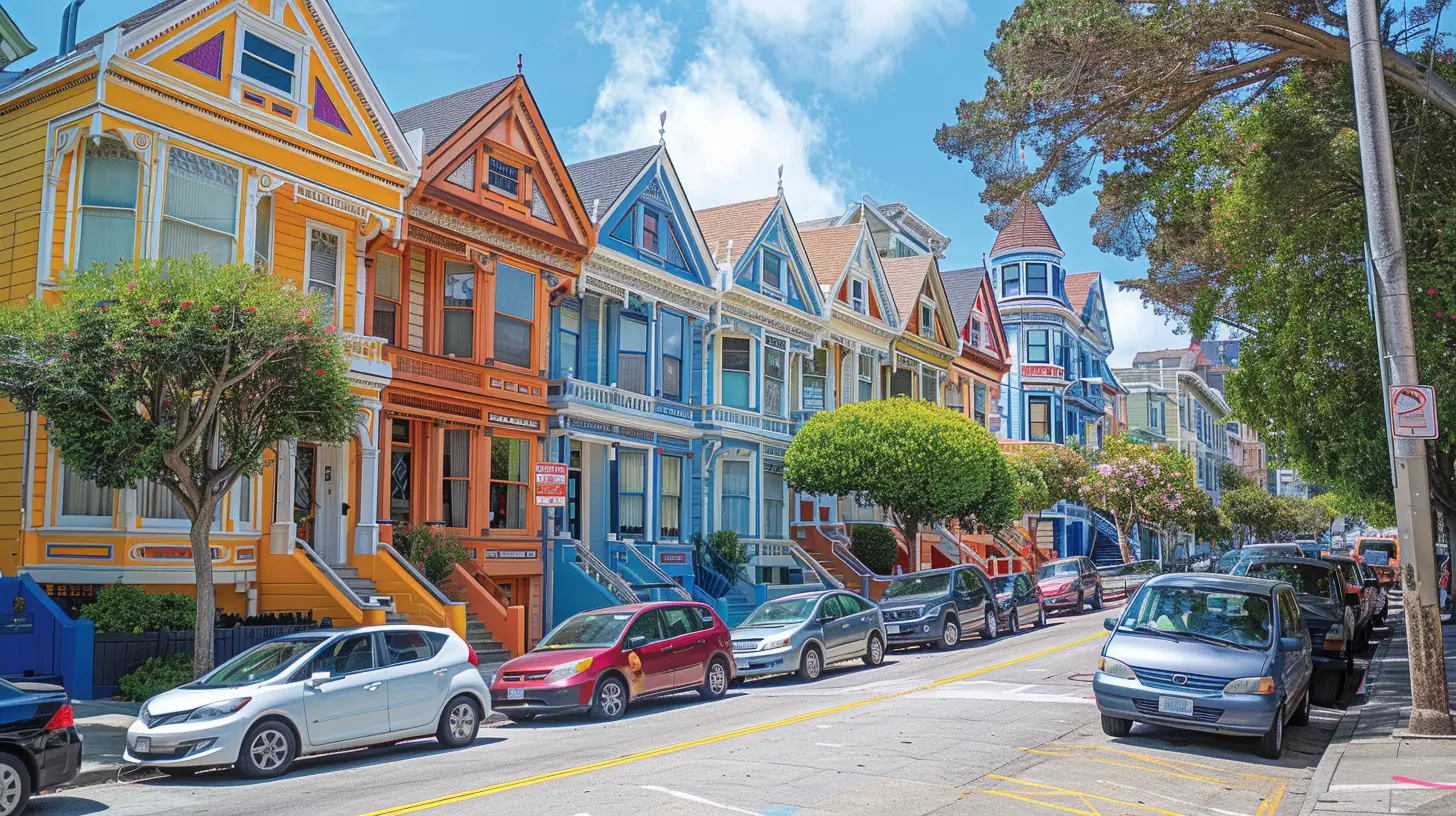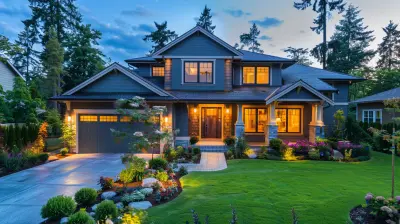How Zoning Affects Short-Term Rental Properties
6 September 2025
If you’ve ever toyed with the idea of turning your garage apartment into an Airbnb or investing in a vacation rental, you’ve probably run into some head-scratching legal stuff. Ever wondered why some people can have thriving short-term rental businesses while others get shut down faster than a lemonade stand without a permit? Here’s a little insider scoop—it’s all about zoning.
Zoning might sound like a boring term tossed around at city council meetings, but trust me, if you're thinking of diving into the short-term rental game, you need to understand how zoning affects short-term rental properties. So buckle up—we're about to make zoning not just digestible, but genuinely interesting.
What Exactly is Zoning?
Let’s start at square one because, hey, no judgment—we’re all learning here.Zoning is kind of like a city’s rulebook. It tells people what they can and can't do with property in certain areas. Think of it as a big neighborhood guide that decides whether an area is fit for homes, businesses, factories, parks—you name it.
Zoning laws are typically set by local governments, and they divide land into different types or “zones”: residential, commercial, industrial, agricultural, and so on. Each of these categories comes with its own list of dos and don'ts.
Now, where do short-term rentals fit in? That’s the million-dollar question.
The Rise of Short-Term Rentals
Short-term rentals, like those booked through Airbnb, Vrbo, or Booking.com, have changed the game in the real estate world. They offer property owners a way to generate extra income and provide travelers with cozy, affordable places to stay.But with this boom came some baggage. Cities started to notice the impact—neighbors complained about parties, housing prices rose, and long-term rental availability shrank. Enter: tighter zoning regulations.
The Zoning Puzzle for Short-Term Rentals
Here’s where it gets tricky. Not every city treats short-term rentals the same way. Some cities welcome them with open arms. Others? Not so much. And your zoning district can make or break your short-term rental dreams.Let’s break it down by the types of zoning you might run into and how each could affect your STR (short-term rental).
1. Residential Zoning: Tread Carefully
Most short-term rentals happen in residential areas, which makes sense—people want to stay in homes in actual neighborhoods, not next to a warehouse, right?But residential zoning is where most of the drama goes down. Many residential zones have tight restrictions on short-term rentals. Some only allow them if the homeowner is present (a.k.a. home-sharing), and others ban them completely.
Some common restrictions in residential zones include:
- Primary residence rule: You must live in the property most of the year.
- Host-on-premise requirement: You can only rent out parts of your home, not the whole thing, unless you're there.
- Caps on rental days: Limits like “no more than 90 days per year” are common.
- Permit requirements: You might need a special use permit or license.
So, if your property is zoned residential and you’re dreaming of living the Airbnb life, do your homework first—or better yet, talk to your local planning office.
2. Commercial Zoning: STR-Friendly But Not Always Ideal
Commercial zoning areas are typically more relaxed about short-term rentals. After all, these zones are meant for businesses, and short-term rentals are, in essence, a business.The upside? You’re less likely to run into bans.
The downside? Properties in commercial zones may not have the homey vibe guests look for. Also, commercial properties often have higher purchase prices and taxes—not to mention, you might have neighbors like a greasy pizza shop or a dry cleaner.
Still, if your heart is set on building a short-term rental empire, commercial zoning could offer more freedom.
3. Mixed-Use Zoning: The Best of Both Worlds
These zones are like the cool, flexible friend of the zoning family. Mixed-use means residential and commercial uses are allowed within the same area. Think of a trendy building with shops on the bottom floor and apartments up top.Mixed-use zones are often perfect for short-term rentals because they offer the charm of residential living with the flexibility of commercial operations.
BUT—and there’s always a “but”—you’ll still want to read the fine print. Some mixed-use buildings have HOA (Homeowners Association) rules that ban short-term rentals altogether.
Zoning Terms Every STR Host Needs to Know
Ready for a mini crash-course in zoning lingo? Jot these down:- Use by Right: You’re allowed to use your property for STR without needing special approval.
- Conditional Use Permit (CUP): You need permission from the city, and they might slap some additional rules on you.
- Variance: You’re asking to break the rules—like putting a tiny house in the backyard to rent out.
- Nonconforming Use: You’re allowed to operate because you were there before the rules changed (also known as being “grandfathered in”).
Decoding your city’s zoning code might feel like reading ancient scrolls, but understanding these terms can save you from legal headaches down the road.
How to Check Your Property’s Zoning
You don't need a law degree or a city planner BFF to figure out your zoning. Here’s how you can check:1. Visit your city or county’s official website. Most have an interactive zoning map you can search with your address.
2. Call your local planning department. A quick phone call can clear up a lot of confusion.
3. Look up local ordinances. Your city council or zoning commission might post recent meetings or updates online.
4. Check with your HOA, if applicable. Even if the city says "yes," your HOA might say “heck no.”
Why Zoning Enforcement Is Getting Stricter
So why the sudden clampdown on short-term rentals? In a word: balance.Cities want to balance the benefits of STRs—like tourism money and homeowner income—with the downsides, like rising rent prices and neighbor complaints.
Enforcement measures include:
- Steep fines for illegal rentals
- Mandatory registration and licenses
- Surprise inspections
- Restrictions on rental platforms like Airbnb and Vrbo
It’s not just about rules—it’s about protecting communities while allowing growth. And while it might feel like a buzzkill, it’s actually making the short-term rental market stronger by promoting fair competition.
Tips for Staying Compliant
Alright—you’ve navigated the zoning maze. Now, how do you stay out of hot water?Here are a few quick tips:
✅ Register your rental: If your city requires it, do it upfront. It’s like buying insurance.
✅ File taxes properly: Many cities collect hotel or occupancy taxes from STRs. Make sure you’re paying what you owe.
✅ Respect the neighbors: Keep noise down, offer parking guidelines, and maintain good vibes in your area.
✅ Keep up with changes: Zoning laws get updated. Subscribe to your city newsletter or attend local meetings.
✅ Use a property manager if things get complex: They can help navigate permits, compliance, and even guest screening.
Final Thoughts: Zoning Doesn’t Have to Kill Your STR Dreams
Zoning can seem like a major hurdle, but it's really more like a gatekeeper. Once you understand the rules, you can find ways to work within them—or around them creatively and legally.To be honest, navigating zoning feels a bit like dealing with airport security. It’s intimidating at first, but once you know what to expect and have your paperwork in order, you get through just fine.
So, whether you’re just dipping your toes into the short-term rental waters or you're ready to scale into multiple properties, remember: zoning matters. It can be the difference between a thriving side hustle and a cease-and-desist letter.
Ready to start your STR journey the smart way? Know your zones, play by the rules—and let the bookings roll in.
all images in this post were generated using AI tools
Category:
Zoning RegulationsAuthor:

Travis Lozano
Discussion
rate this article
1 comments
Sarina McAllister
Zoning regulations significantly impact short-term rental opportunities.
September 14, 2025 at 12:07 PM

Travis Lozano
Absolutely, zoning regulations play a crucial role in determining where and how short-term rentals can operate, shaping the opportunities available for property owners.


